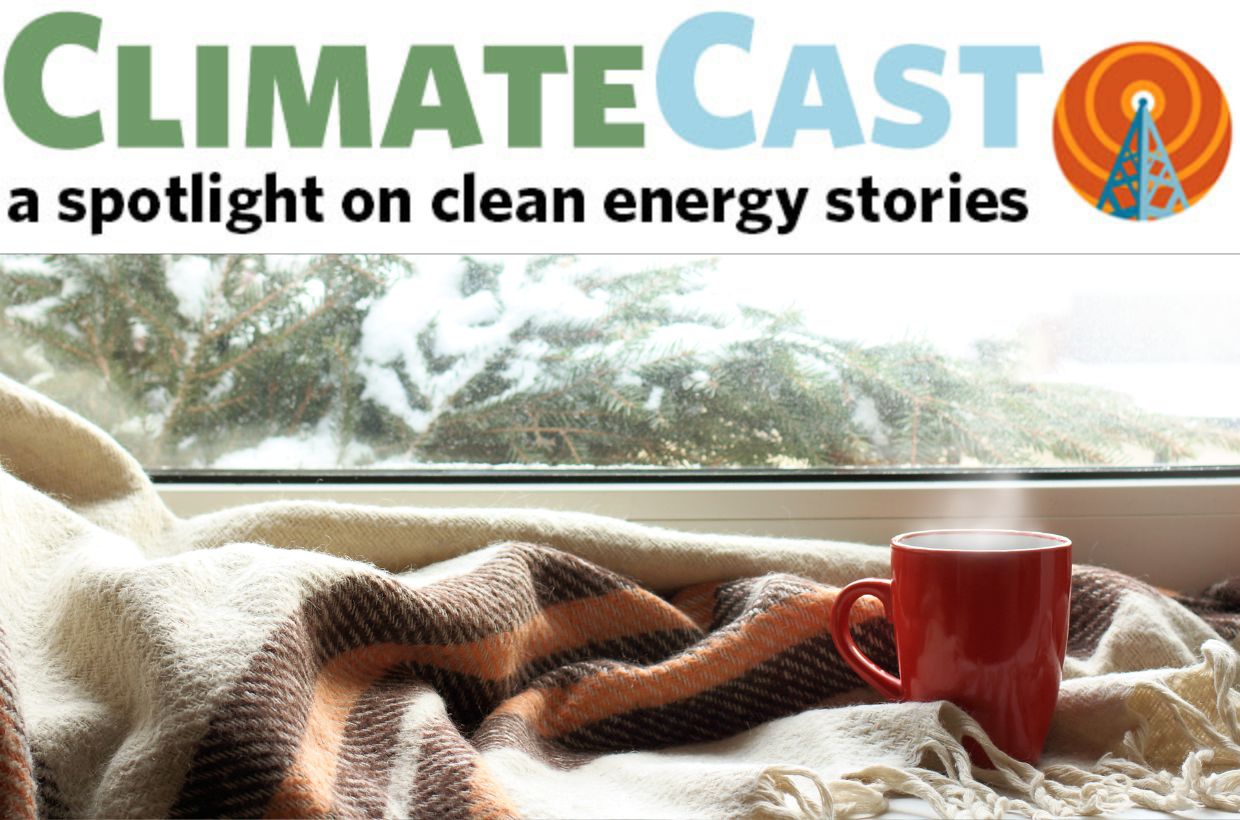
Heating and powering our homes and businesses generates a lot of our climate-changing pollution; our built environment is a major contributor to global warming. If our homes and buildings were carbon-free and energy efficient, we would significantly reduce our climate pollution, drastically cut energy costs for owners and renters, and improve air quality where we live and work.
For example, in both Oregon and Washington State, climate-worsening pollution from buildings are growing at a faster rate than any other source, with this increase largely attributable to the use of fossil gas in homes and buildings. Burning fossil gas in homes and buildings is not only a significant contributor to climate change, but also poses significant health risks for our communities, children, and other vulnerable populations.
Indoor air quality issues are particularly concentrated for low-income residents in smaller units with poor ventilation. Communities of color are already disproportionately impacted by outdoor air pollution, and should not continue to be disproportionately harmed by poor indoor air quality as well. Gas appliances also worsen our outdoor air quality. For example, California’s residential appliances releasing more than two times as many NOx emissions as all of their gas power plants combined, and commercial gas appliances releasing just as much NOx pollution as all of California’s cars.
States and many cities in the region and around the country are increasingly looking at ensuring all new buildings are electric as a key cost-effective pathway for achieving their local or state greenhouse emissions goals. Electrifying buildings is critical to addressing climate change, but it is also achievable, affordable, safe, and creates a more resilient energy system.
We are working with lawmakers and community partners to move rapidly toward electrifying our buildings for heating, cooling and cooking. We can also construct homes and buildings that get all their energy from sustainable sources, and even produce as much energy as they use — net zero energy buildings.

Show up in person to urge legislators to invest in climate and affordability
Every two years, Oregon’s top budget writers tour the state to hear from community members about which programs and services should be funded. With all the chaos and uncertainty being unleashed at the federal level, this couldn’t be a more critical moment for you to engage with legislators.

Thermal Energy Networks: a win-win technology for the climate & clean energy jobs
Action Alert for Oregon! Urge your legislator to support SB 1143 Thermal Energy Networks (TENs), a climate-friendly heating and cooling solution! This piece of legislation is key to decarbonizing our grid and utilizing existing infrastructure, a win-win technology.
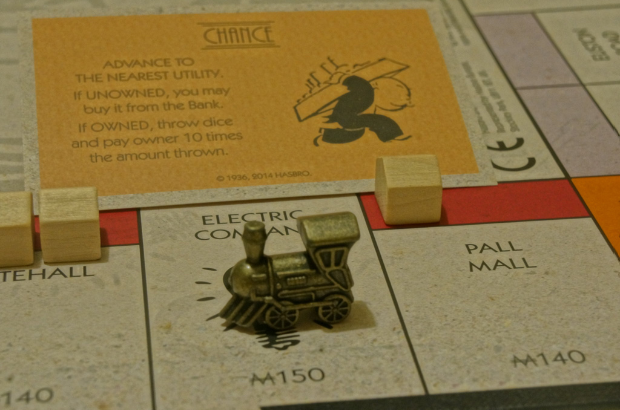
New Year, New Rates
While many of us are still reeling from the sticker shock we received from our energy bills after last year’s extreme winter weather, a new round of rate increases is right around the corner. If you are anything like me, many of you are thinking about those bills as you debate whether to turn up the heat or bundle up.
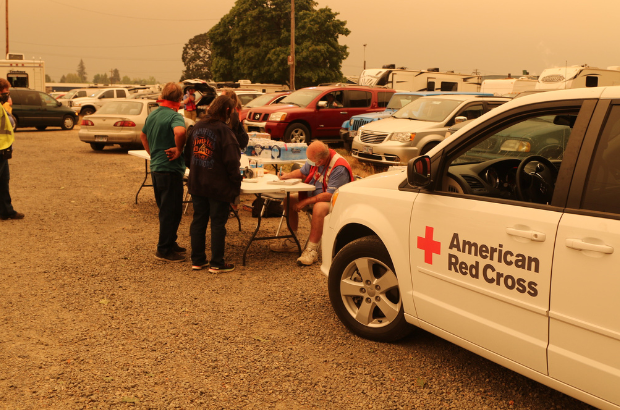
Action Alert: ask your legislator to support Community Resilience Hubs!
Hey Oregon, we need your help to support our Community Resilience Hubs!
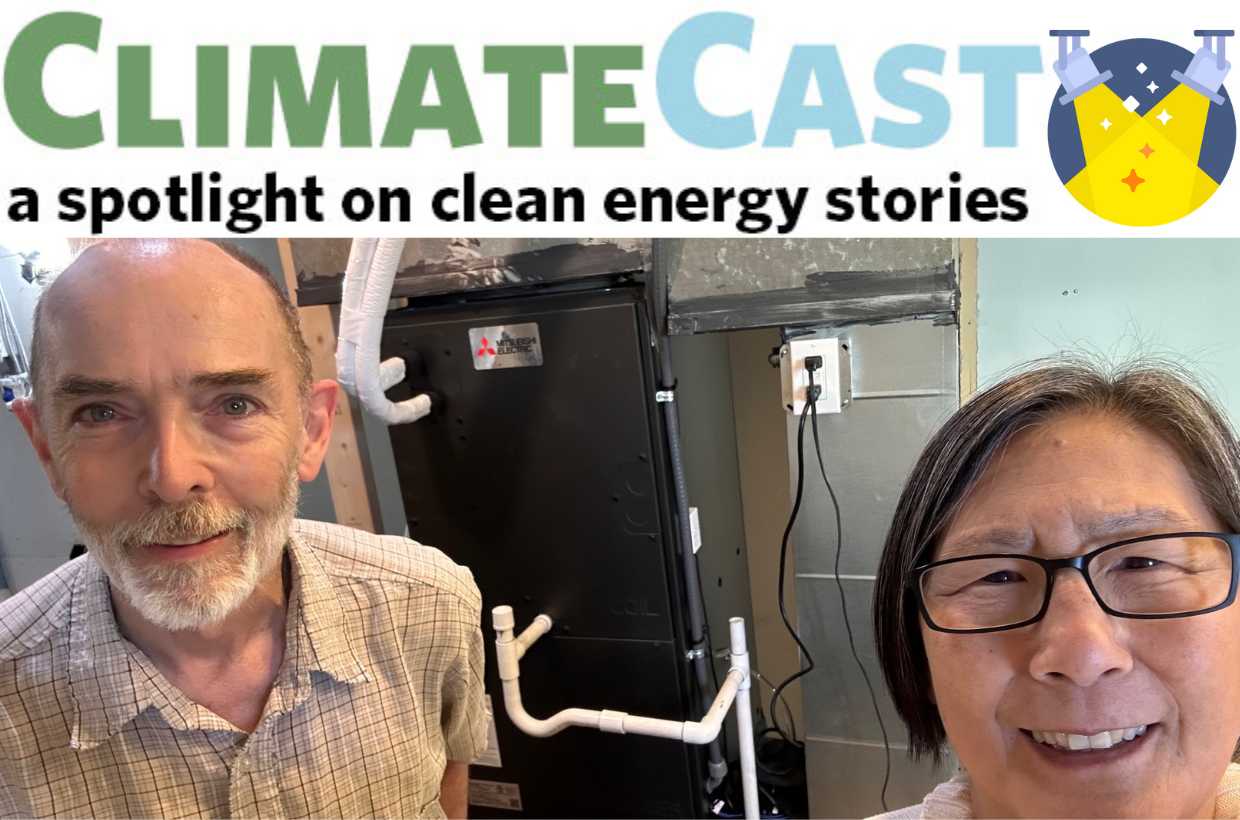
Stella saves big on an electric heat pump, but will others in WA enjoy the same benefits?
Between several state and local clean energy incentives and heat pump rebate programs, Stella saved over $6,000 by replacing her oil furnace with an electric heat pump. However, clean energy success stories like Stella’s would be endangered if Initiative 2066 passes in Washington.
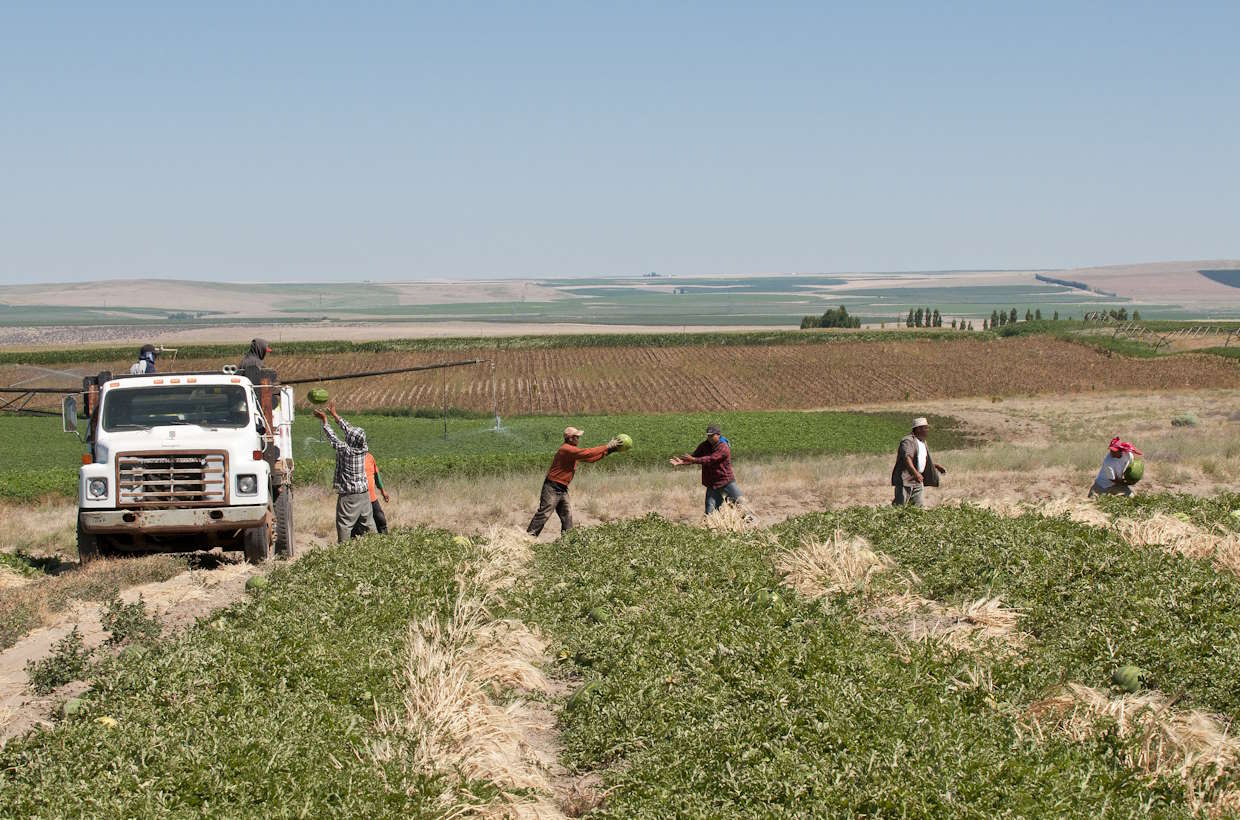
Time to speak up for Oregon's farmworkers!
Farmworkers quite literally put food on our tables, which places them among the most essential workers in our society. Their work is physically strenuous and often downright hazardous, especially with worsening climate impacts and extreme weather events. However, Oregon's current minimum required housing protections are deficient.
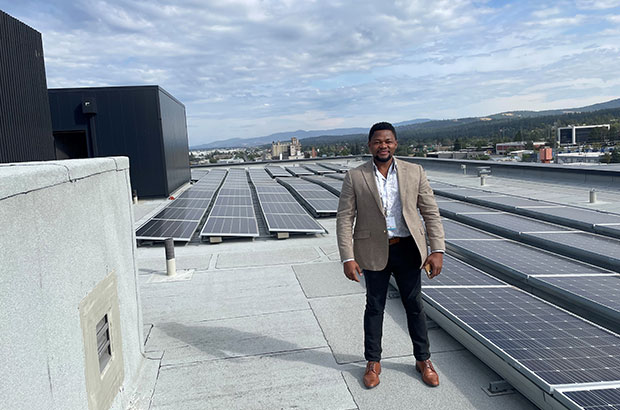
Clean energy partnerships rising in Eastern Washington
Inspiring new clean energy projects are on the rise in Spokane, Tri-Cities, and Moses Lake. But a big challenge remains: accessing the clean electricity needed.

Oregon, it's time to get involved!
Are you wondering where you can engage in person? Look no further—four events are coming up that you should consider attending!
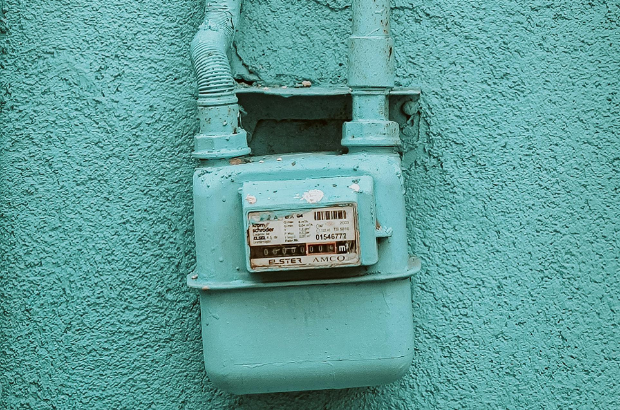
Tell Lawmakers: Regulate Dangerous Hydrogen/Gas Blending Project in Oregon!
We just found out that NW Natural, the state’s largest methane gas utility, has begun blending hydrogen into the gas system and delivering it to Oregonians’ homes and businesses without any public outreach or oversight. Burning hydrogen with methane in buildings increases exposure to health harms and increases safety risks while offering negligible emissions reductions.
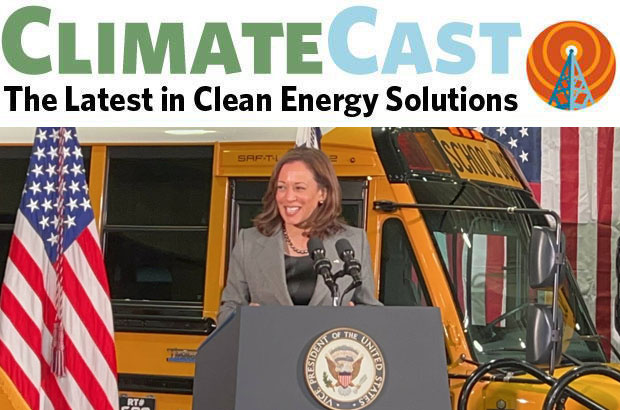
“The clock is no longer just ticking, it is banging”
What does Kamala Harris' candidacy mean for the future of American clean energy and climate action? Plus: checking in on the successes of the federal IRA and Washington State's Climate Commitment Act
